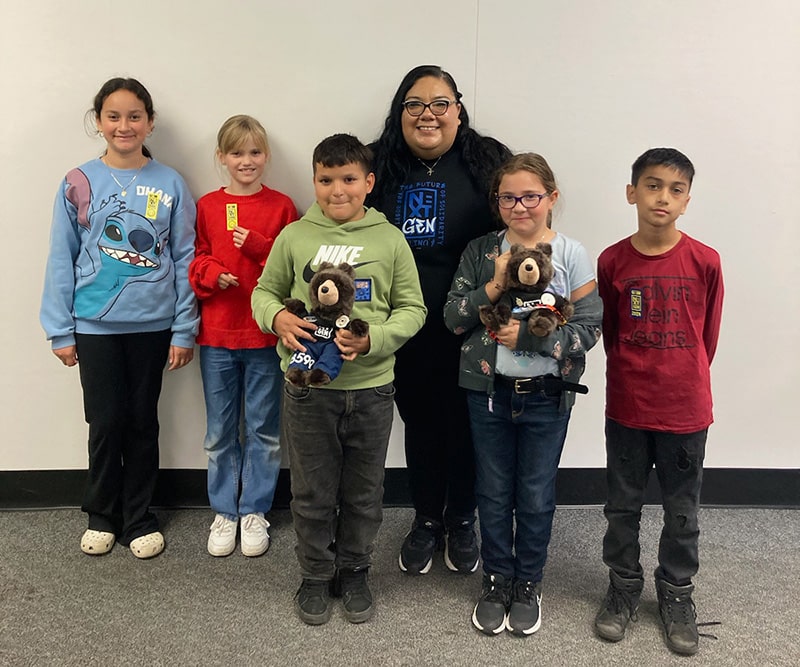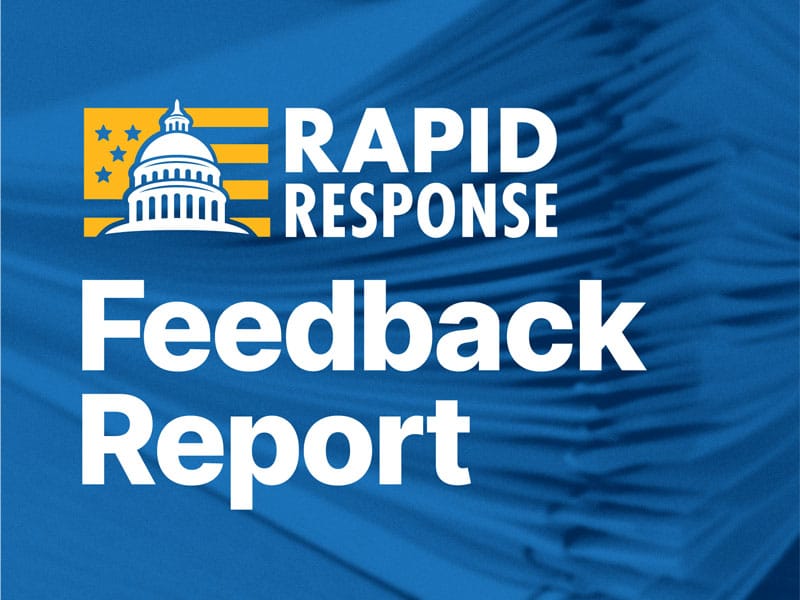COVID-19 Pandemic Impacts Nuclear Waste Operations at WIPP
The COVID-19 pandemic is changing how Local 12-9477 members do their jobs, and how they handle nuclear waste shipments at the Waste Isolation Pilot Plant (WIPP) near Carlsbad, N.M.
While many WIPP employees who work in departments like engineering, administration and training can telework, most Local 12-9477 members have jobs handling the incoming nuclear waste shipments and mining and maintaining the underground salt repository.
WIPP is the only underground waste repository of its type. It receives shipments of special boxes and barrels packed with clothing, tools, rags, residues, debris, soil and other items contaminated with radioactive material from Department of Energy (DOE) sites in Idaho, South Carolina and other places.
Fewer shipments, personnel
Since January, the site has accepted fewer shipments for emplacement in the underground salt deposit each successive month as COVID-19 spread across the country.
In January, the site received 24 shipments and emplaced 283 containers. Ten shipments were received in February. A maintenance outage from Feb. 16 to March 14 interrupted shipments. As of March 22, four waste shipments were received.
Usually, three rotating crews operate at WIPP, but the pandemic has cut that down to two crews, said Javier Leyva, Local 12-9477 safety representative.
He said that the union learned through word-of-mouth that at least 20 workers were quarantined or in self-isolation because of exposure to someone who showed COVID-19 symptoms or for being in a high-risk category because of their age or health problems.
DOE contractor Nuclear Waste Partnership (NWP) manages WIPP’s operations and does not tell the union who is in quarantine or self-isolation, Leyva said.
“We would like to know when a brother or a sister gets sick, so we can do an investigation and ensure the areas are cleaned up,” he said.
He said that NWP did not immediately notify the union when a contractor, who had a fever, walked into a trailer containing 12 plant helpers who were having lunch. Management sent the contractor home and as a precaution, several of the union workers were quarantined. The contractor tested negative for COVID-19.
Another factor, Leyva said, affecting the number of waste shipments deposited underground is the lack of qualified staff on the night shift to run the hoists for the three shafts leading underground, do waste operations and handle mining.
The two night shift hoist operators who are qualified to run the air, salt and waste intake hoists are quarantined or in social isolation because of risk factors for developing COVID-19, he said. The third night shift operator is only qualified for handling the waste and salt shafts, and is working to get qualified for the air intake shaft. This process takes six months to a year.
Not having a hoist operator who can handle all three shafts and the lack of staff for waste emplacement and mining meant that WIPP had to shut down its nighttime operation, Leyva said. Night shift waste handling crew and radiation control technicians joined the day shift on April 6, he said, and are bolting the salt panels to maintain the mine.
Social distancing
Leyva said WIPP is practicing social distancing, but that it is hard at times when there is much noise above- and -below ground, and he has to move closer to communicate with others.
“Sometimes, it is difficult. Going up and down the shaft elevator in a six-foot by nine-foot cage makes social distancing go away,” he said.
Workers used to check in for their shifts in one of the facility’s buildings, but since the COVID-19 pandemic, they check in for work outside by showing their badge to the guards and signing in, he said.
Leyva said he and the local would like to change the protocol when people are on the site by asking management to check workers’ temperatures and oxygen level. Thanks to the local’s persistence, management is now taking everyone’s temperature who comes into the facility.
The local also requested N95 respirators for everyone. Currently, only the fire fighters and medical staff have N95 respirators.
While COVID-19 is exploding in the northern portion of New Mexico, Carlsbad has had fewer cases in its population of 40,000. The nearest town, Loving, has only 10,000 residents.
“We’re pretty spread out in this part of the state, and it has been a blessing in a way,” Leyva said.
On April 24, WIPP reported that an employee of a subcontractor tested positive for COVID-19 while teleworking at home. The person had not been on the site since March 18, according to the subcontractor, Carlsbad Technical Assistance Contractor (CTAC).
By clicking Sign Up you're confirming that you agree with our Terms and Conditions.
Recent News Articles
Want to Learn More?
See how the USW is making a real difference in our communities and our workplaces.

